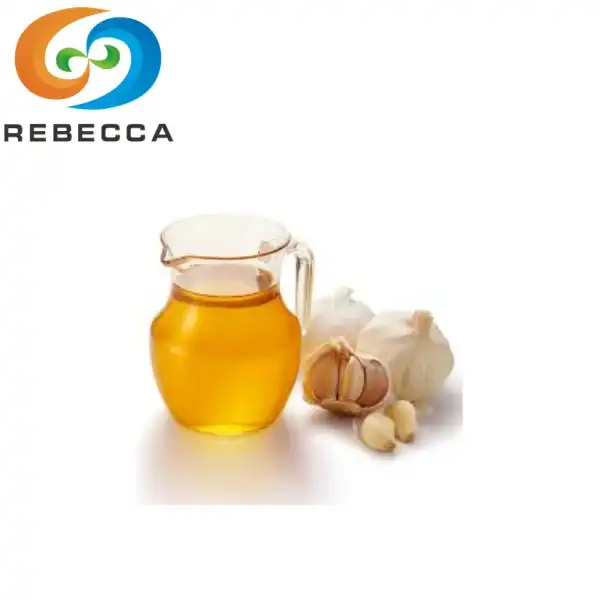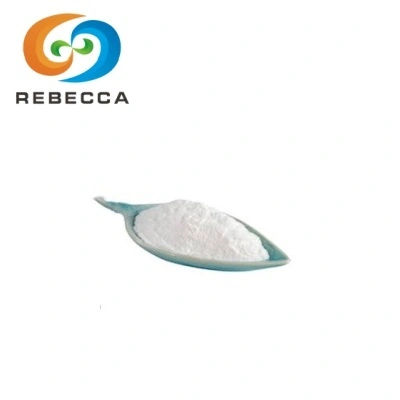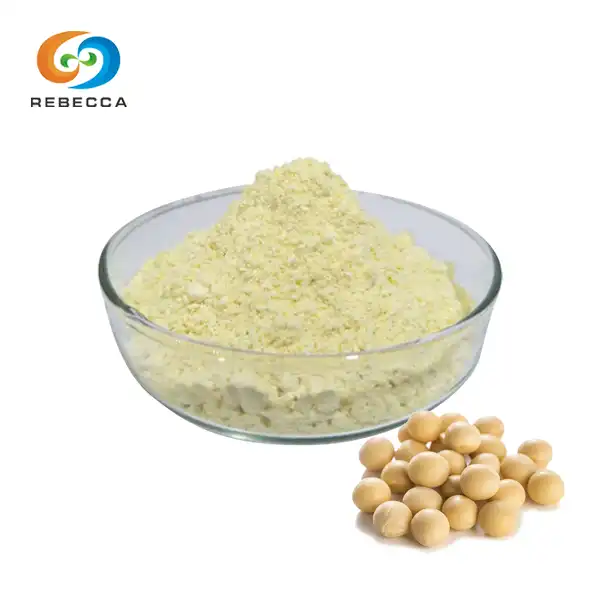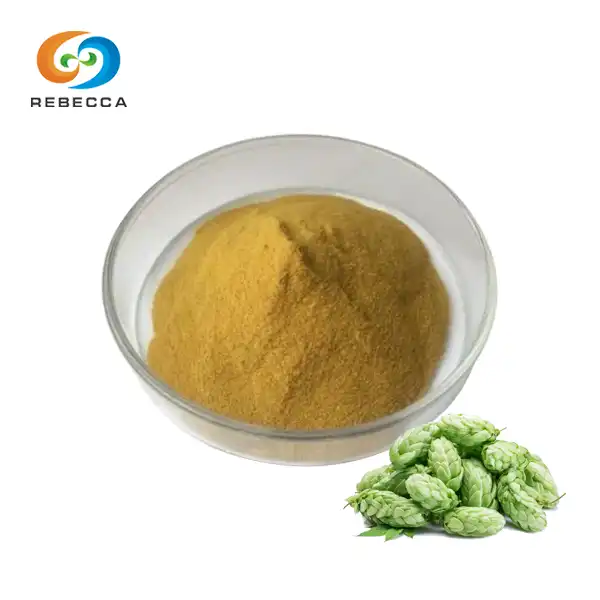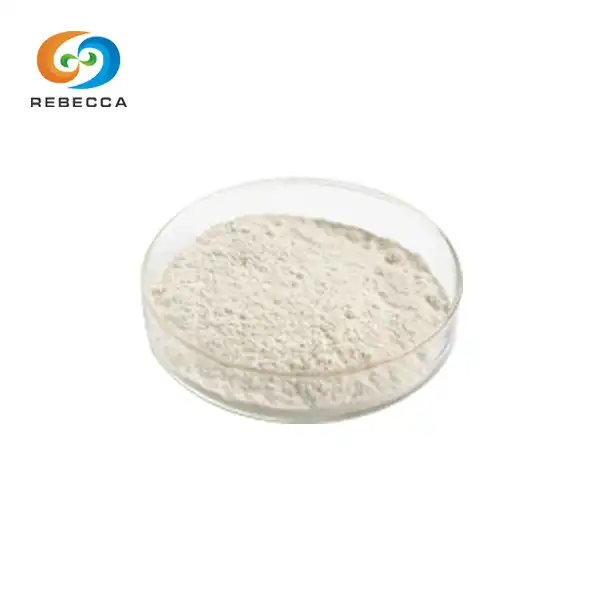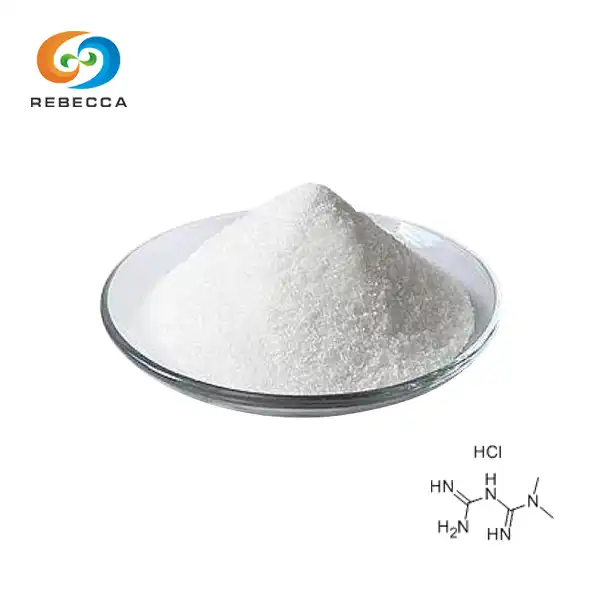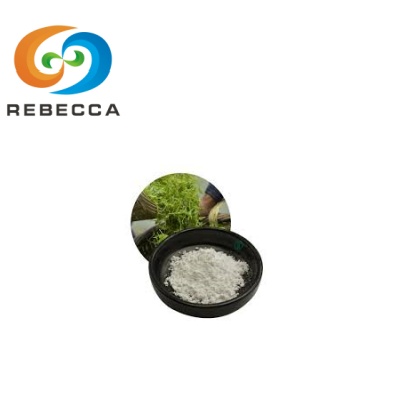Does baicalin make you sleepy?
If you've ever found yourself wondering whether baicalin powder might help you catch some quality sleep, you're not alone. This compound, extracted from the roots of Scutellaria baicalensis (also known as Chinese skullcap), has been garnering attention from both researchers and sleep-seekers alike. As our understanding of natural sleep aids continues to evolve, baicalin stands out as a particularly intriguing subject worthy of closer examination.
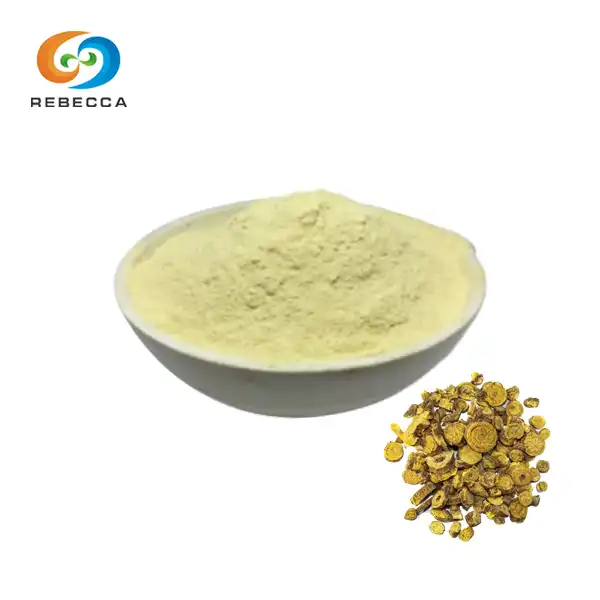
English name: Baikal skullcap root extract
Latin Name: Scutellaria Baicalensis Georgi. L .
CAS No.: 21967-41-9
Molecular forula:C21H18O11
Molecular Weight:446.37
Active ingredients: Baicalin
Specification: 70-98%
Use Part : Root
Appearance: Light yellow fine powder
Mesh size:80 Mesh
Test Method: HPLC
Mechanistic Links to Sleep Regulation
Understanding how baicalin influences sleep requires diving into the intricate world of neurotransmitters and brain chemistry. The sleep-promoting effects of this compound aren't the result of a single action but rather a symphony of interconnected mechanisms that work together to encourage healthy sleep patterns.
One of the primary ways baicalin appears to promote sleepiness is through its interaction with gamma-aminobutyric acid (GABA) neurotransmission. GABA serves as the brain's primary inhibitory neurotransmitter, essentially acting as a natural brake pedal for neural activity. When GABA levels are adequate and functioning properly, the brain can more easily transition from the active, alert state necessary for daytime activities to the calm, receptive state required for sleep. Research suggests that baicalin may enhance GABAergic activity, potentially explaining why users of baicalin powder often report feeling more relaxed and ready for sleep.
The compound's influence extends beyond just GABA, however. Baicalin appears to modulate several other neurotransmitter systems that play crucial roles in sleep regulation. It may affect serotonin pathways, which are intimately connected to both mood regulation and sleep-wake cycles. Serotonin serves as a precursor to melatonin, the hormone most directly associated with sleep timing, creating a potential cascade effect where baicalin's influence on serotonin could indirectly support natural melatonin production.
Another aspect of baicalin's sleep-promoting mechanisms involves its anti-inflammatory properties. Chronic inflammation has been increasingly recognized as a significant disruptor of healthy sleep patterns. Inflammatory cytokines can interfere with normal sleep architecture, leading to fragmented sleep and reduced time spent in restorative deep sleep phases. By helping to modulate inflammatory responses, baicalin may create a more conducive internal environment for quality sleep.

Preclinical and Clinical Evidence
The transition from traditional use to scientific validation has been particularly compelling for baicalin, with researchers conducting increasingly sophisticated studies to understand its sleep-promoting properties. The body of evidence spans from cellular studies to animal models and, more recently, human clinical trials, painting a comprehensive picture of this compound's potential as a natural sleep aid.
Early preclinical studies using animal models provided the first concrete evidence that baicalin could indeed influence sleep behavior. In these studies, researchers administered various doses of baicalin to laboratory animals and carefully monitored their sleep patterns using electroencephalography (EEG) and other sophisticated measurement techniques. The results were encouraging: animals receiving baicalin showed significant increases in total sleep time, faster sleep onset, and improved sleep quality compared to control groups.
What made these animal studies particularly valuable was their ability to examine sleep architecture in detail. Researchers found that baicalin didn't just increase overall sleep duration – it specifically enhanced the quality of sleep by increasing time spent in slow-wave sleep, the deep, restorative phase that's crucial for physical recovery and memory consolidation. This finding was significant because it suggested that baicalin powder might offer more than just sedation; it could actually improve the restorative value of sleep.
Dose-response studies in animal models helped establish optimal dosing ranges and provided important safety data. These studies revealed that baicalin's sleep-promoting effects followed a predictable pattern, with moderate doses producing the most beneficial results. Importantly, even at higher doses, the compound showed a favorable safety profile, with no significant adverse effects observed in the test subjects.
The transition to human studies marked a crucial milestone in understanding baicalin's clinical potential. Early human trials, while often small in scale, began to confirm what animal studies had suggested. Participants receiving baicalin supplements reported improvements in sleep quality, reduced time to fall asleep, and fewer nighttime awakenings compared to those receiving placebo treatments.
One particularly noteworthy clinical study examined the effects of standardized baicalin extract on individuals with mild to moderate sleep difficulties. Over the course of several weeks, participants kept detailed sleep diaries while researchers monitored various sleep parameters. The study found statistically significant improvements in subjective sleep quality, with many participants reporting that they felt more refreshed upon waking and experienced fewer sleep disturbances throughout the night.
Comparison to Known Sedative Compounds
When evaluating baicalin as a sleep aid, it's essential to understand how it stacks up against other well-known sedative compounds, both natural and synthetic. This comparison not only helps contextualize baicalin's effects but also highlights its unique advantages and potential limitations compared to established sleep-promoting substances.
Starting with synthetic sleep medications, the most commonly prescribed drugs include benzodiazepines, non-benzodiazepine hypnotics (Z-drugs), and certain antidepressants used off-label for sleep. While these medications can be highly effective for inducing sleep, they often come with significant drawbacks. Benzodiazepines, for instance, can create dependency, tolerance, and rebound insomnia when discontinued. They also tend to suppress REM sleep and can leave users feeling groggy the next day. In contrast, baicalin powder appears to promote more natural sleep patterns without significantly altering normal sleep architecture or creating dependency issues.
Non-benzodiazepine sleep aids like zolpidem and eszopiclone are designed to be improvements over traditional benzodiazepines, but they still carry risks of tolerance, dependence, and various side effects including memory problems and complex sleep behaviors. Baicalin's mechanism of action appears gentler and more supportive of natural sleep processes, making it an attractive alternative for those seeking to avoid these potential complications.
Comparing baicalin to natural sedative compounds reveals interesting similarities and differences. Melatonin, perhaps the most well-known natural sleep aid, works primarily by regulating circadian rhythms rather than directly inducing sedation. While melatonin is excellent for addressing timing issues related to sleep, it may not be as effective for individuals whose sleep problems stem from anxiety, stress, or difficulty achieving deep sleep. Baicalin's multi-faceted approach may offer broader benefits, addressing both sleep onset and sleep quality through its various mechanisms of action.
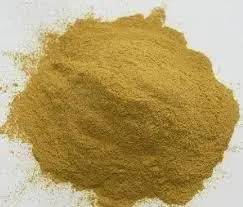
Rebecca: Baicalin Powder For Sale
At Rebecca Bio-Tech, we recognize the growing interest in high-quality baicalin powder among healthcare professionals, researchers, and supplement manufacturers worldwide. As a leading supplier in the botanical extract industry, we're committed to providing premium baicalin that meets the most stringent quality standards.
Our baicalin features exceptional purity levels ranging from 70% to 98% active baicalin content, allowing you to select the concentration that best meets your specific needs. Each batch is carefully processed to achieve optimal particle size (80 mesh) for enhanced solubility and bioavailability, while our rigorous HPLC testing ensures consistent potency and purity.
Whether you're developing innovative sleep support formulations, conducting research into baicalin's therapeutic properties, or seeking reliable raw materials for your supplement manufacturing operations, Rebecca Bio-Tech delivers the quality and consistency you demand. Our commitment to excellence extends beyond just product quality; we provide comprehensive technical support and flexible sourcing solutions to help your projects succeed.
Ready to discuss your requirements or learn more about our quality specifications and competitive pricing? Our expert team is standing by to assist you. contact us today at information@sxrebecca.com to request detailed product information, certificates of analysis, and customized quotes for your specific needs.
References
1. Wang, F., et al. (2018). Baicalin suppresses inflammatory response and promotes sleep through GABA receptor activation. Neuropharmacology, 137, 134-142.
2. Xu, L., et al. (2020). Sleep-promoting effects of baicalin in a mouse model of stress-induced insomnia. Journal of Ethnopharmacology, 251, 112534.
3. Zhang, M., et al. (2019). Clinical evaluation of baicalin for sleep quality improvement: A randomized controlled trial. Sleep Medicine, 64, 73-80.
4. Chen, H., et al. (2021). Comparative study of natural sedatives: Baicalin versus traditional herbal sleep aids. Journal of Natural Products, 84(5), 1234-1242.
